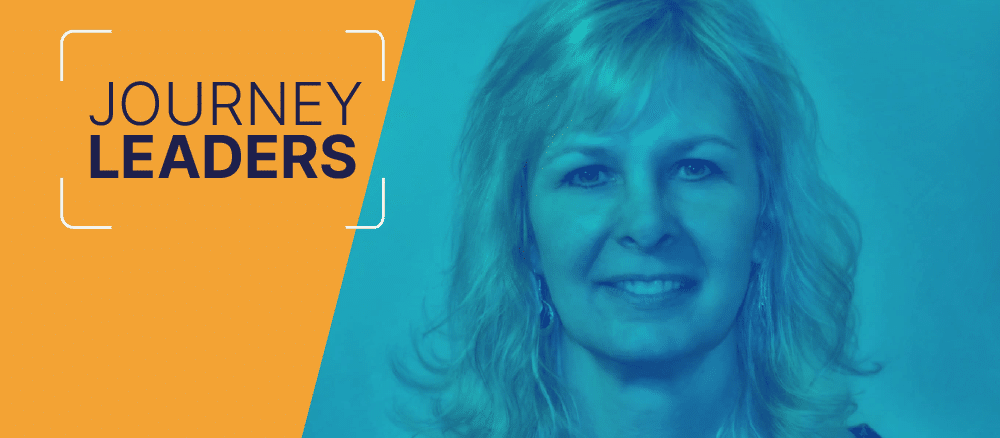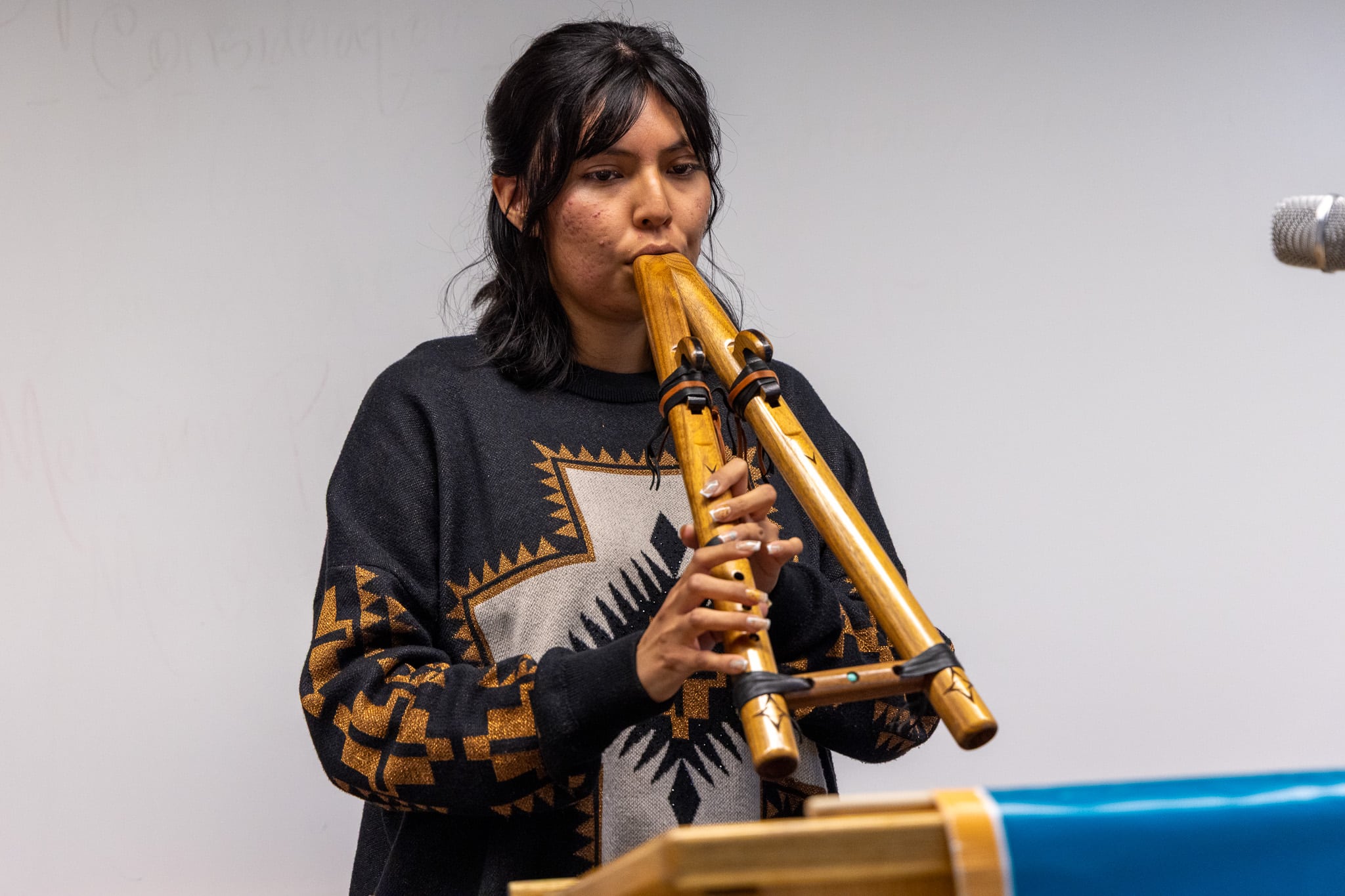For the past ten years, Nelson Mandela University (NMU) in South Africa has worked to match the rapid pace of social change with comprehensive, equity-centered innovation.
NMU was one of five pilot universities to join the Siyaphumelela initiative, funded by the Kresge Foundation, in 2014. With a mission statement to broaden evidence-based postsecondary student success strategies in South Africa, Siyaphumelela now includes 17 of South Africa’s 26 universities — and continues to grow.
From the beginning of the initiative, NMU has been instrumental to Siyaphumelela’s collective gains for student success. The university embraces a robust culture of evidence and inquiry, fostering programs with proven results and testing new ideas to best serve its students.
Siyaphumelela pilot universities:
Nelson Mandela Metropolitan University, now NMU (Port Elizabeth)
University of the Free State (Bloemfontein)
University of Pretoria
University of Witwatersrand (Johannesburg)
Durban University of Technology
—
Evidence-based efforts
Since government funding for South African universities is largely dependent on graduation rates, NMU and other institutions were eager to improve their “throughput” rates, with particular attention to the equity gaps between racial groups. Black and coloured (mixed-race) groups are the majority of the population, but experience lower percentages of higher education completion than their white and Indian counterparts.
When Kresge first launched Siyaphumelela, “The idea was to work towards improving the success rates, to get more on par with the white and Indian performance,” said Dr. Charles Sheppard, director of strategic intelligence and data analytics at NMU. Dr. Sheppard is also the university’s Siyaphumelela project leader, a role he has occupied from the start of the initiative.
To address and eliminate these equity gaps, the university first had to understand its students’ barriers to success. NMU faculty developed an early detection system that has transformed the way the institution interacts with its students.
The Risk Analysis and Detection to Assist and Retain students (RADAR) system is a comprehensive tool that monitors and reports on student performance indicators, enabling universities to identify students who may need more support in their studies — long before they drop out. RADAR is partially modeled on insight from U.S. community colleges’ use of early alert systems and was developed by academic staff in the Faculty of Law and the School of Engineering.
At the outset, the system was based on students’ first assessments at the university. But further research encouraged NMU to look at even earlier performance data: It showed that students with lower math scores at the end of secondary school had lower rates of success at university compared to others. By analyzing results of students’ final secondary education exams in particular subjects, NMU can flag students who may need additional support as soon as they enroll and guide them to the right resources.
These early warning indicators are essential to student success. “By the time you pick up that the students have failed, it’s too late to intervene,” Dr. Sheppard explained.
In particular, RADAR showed its value during the COVID-19 pandemic. When in-person learning resumed for courses with lab or clinical training requirements, NMU noticed a number of students did not return to campus — they “vanished,” as Dr. Sheppard put it.
The university was able to identify students who had become inactive on digital learning systems, contact them, and encourage them to continue with their studies. In 2020, overall course pass rates at NMU were 84%, higher than the 2019 rates, and more students graduated that year than in 2019 despite the challenges of the pandemic.
Student-centered culture
NMU’s expanded data capacity has empowered the university to test different student success initiatives and measure their efficacy. A major initiative was the implementation of academic advising: Dr. Sheppard said that the university took concepts from U.S. higher education and partnered with the University of the Free State for training to pilot advising on campus for the first time.
“It was just remarkable, from one year to the next, what a much higher percentage of first-time students that we retained,” Dr. Sheppard said. Students typically drop out more in the first year than any other, but after NMU piloted their advising program in the law and engineering colleges (called “faculties” in South Africa), retention rates increased from 80% to 91% in the first year.
“That was an indicator that academic advising was going to be very useful and contribute to student success. So, we then rolled it out to all the faculties in the university,” Dr. Sheppard said.
NMU also runs an effective supplementary instruction program, which pairs high-performing senior students with junior students who are taking classes with low pass rates. The tutors are compensated for their work, and the students receiving support experience significantly higher success rates. Dr. Sheppard called it “the best intervention we actually have.”
It’s a model that NMU has showcased to other universities, leading several workshops in the past few years to help other institutions implement similar interventions. NMU also shared recent outcomes with other South African delegates in a pre-conference session at ATD’s 2023 Data & Analytics Summit: Across 10 classes with high enrollment numbers, pass rates for all students increased from 74% in 2020 to 81% in 2021. The pass rates for African males, a priority demographic for NMU, increased from 66% to 76%.
More recently, NMU created a peer mentor program for students coming from Quintile 1, 2, and 3 schools (in South Africa’s socioeconomic classification system, Quintiles 1–3 are the most economically disadvantaged). Mentors in this program don’t act as tutors but instead help incoming students — many of whom are the first in their families to attend college — navigate the university system. This intervention has become especially important in recent years: From 2019 to 2022, Quintile 1–3 enrollments increased from 44% to 64% of the total student body.
Culture of inquiry and evidence
Not every university uses Siyaphumelela funding in the same way: Many use grant money to hire a data analyst or exclusively build data capacity. But NMU has piloted dozens of interventions, enjoying the opportunity to experiment with projects that the university wouldn’t have been able to fund on its own.
The support from Kresge makes a huge difference, Dr. Sheppard said. “It has enabled us to do a lot, to experiment with a lot of new things and implement projects in the university related to student success.”
Some of these newer programs include a “Beyond the Classroom” ethics and leadership training for high-performing students, a first-year success program that provides ongoing support to new students, and an academic writing project culminating in a writing competition.
An important area of inquiry that the university wants to pursue is barriers to success for African males. Similar to concerning trends for Black male success in the U.S., widening equity gaps for African men are apparent in the South African higher education system. NMU wants to explore what is causing this demographic to drop out in large numbers. “Because in South Africa, education is the only way to improve your life circumstances,” Dr. Sheppard said. “There’s no other way.”
A networked approach
Siyaphumelela institutions don’t work in isolation: Saide (the South African Institute for Distance Education) organizes an annual conference that brings together leaders and educators from all participating universities to report on their work and share ideas. NMU has sent upwards of 80 delegates to the Siyaphumelela conferences in recent years. “The staff learn an incredible amount and get ideas from other universities, and then we can go back and implement them,” Dr. Sheppard said.
NMU also hosts regional workshops to showcase effective student success interventions — both internally, so that departments can learn from each other, and externally to other Siyaphumelela universities. In particular, NMU has hosted a few workshops focused on its highly effective supplementary instruction program.
And, of course, Siyaphumelela delegates have been attending DREAM and other ATD events since 2015. Dr. Sheppard said that even though NMU has a strong foundation of data-informed student success initiatives that achieve measurable results, there is always more to learn. At events, “you always pick up new ideas about new indicators that you can utilize, and perhaps look at things differently,” he said.
As the university continues to test new programs and share strategies with peer institutions, looking at things differently remains key to how it supports its students and serves its community.
An international partnership
ATD staff and coaches provide strategic support to the Siyaphumelela (“We Succeed”) initiative, which seeks to broaden evidence-based university student success strategies across South Africa.
Learn more


